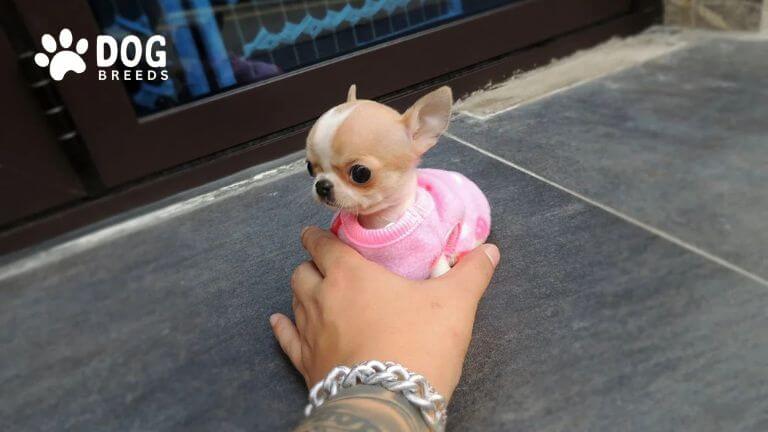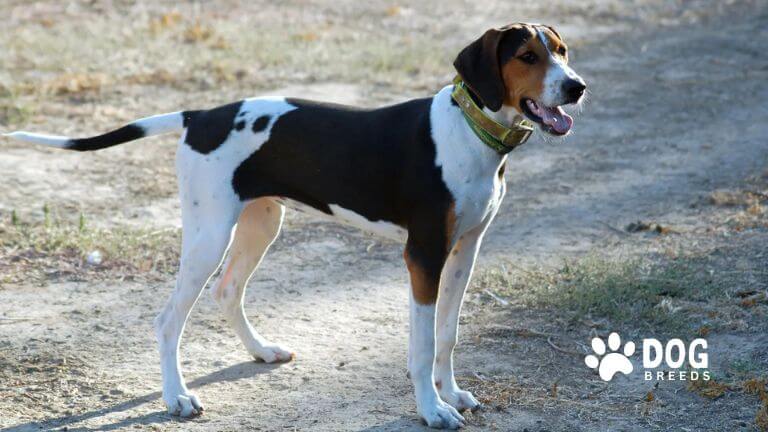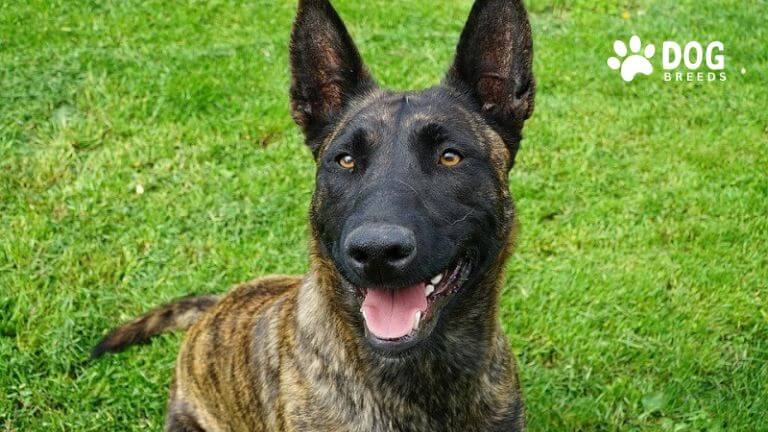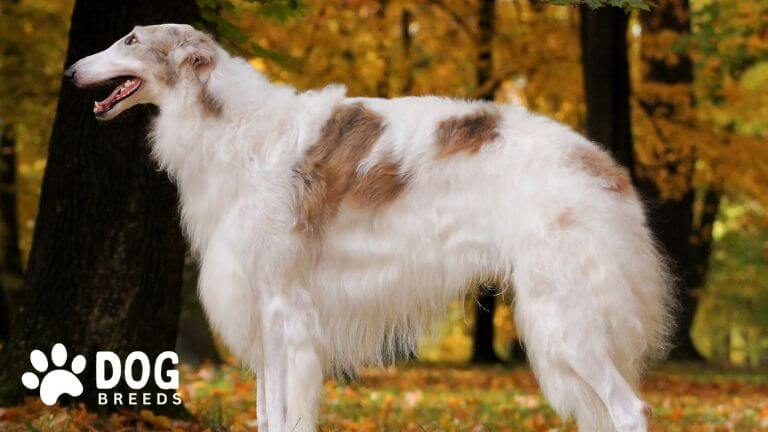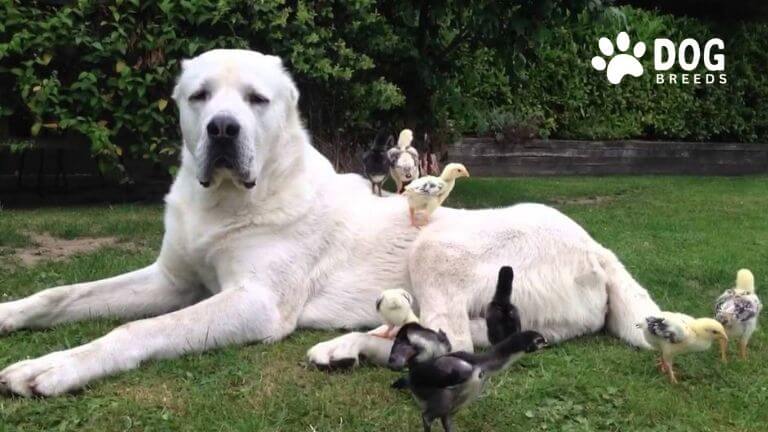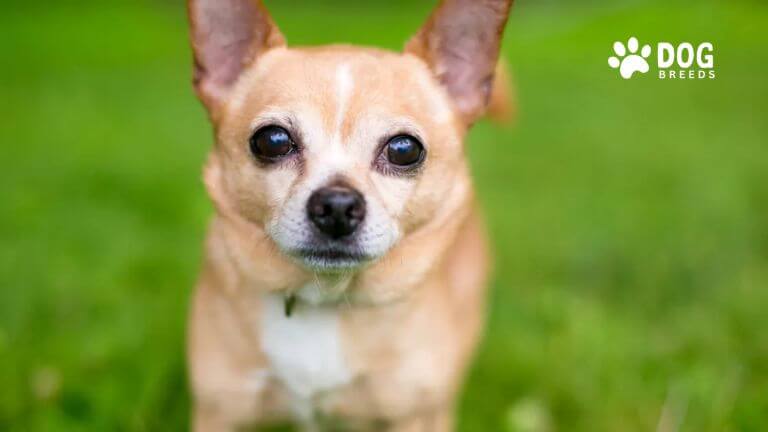Teacup Chihuahua Dog Breed: Size, Care, and Personality Guide
The Chihuahua is one of the smallest dog breeds, known for its vibrant personality and distinctive appearance. Originally from Mexico, Chihuahuas have captured the hearts of dog lovers worldwide. Despite their small size, they are packed with energy and charm. Chihuahuas are popular pets due to their loyalty and adaptability, making them ideal companions for individuals and families alike. The breed’s unique look and lively behavior have made it a favorite in homes and pop culture.
Teacup Chihuahua Dog Breed Overview
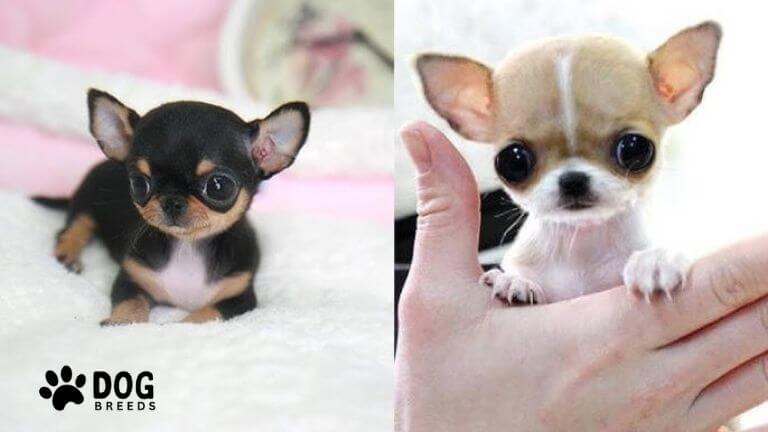
| Size | Height: 6 inches or less Weight: Under 5 pounds |
| Lifespan | 12–20 years |
| Coat Type | Smooth (short-haired) or long-haired |
| Coat Colors | Variety including fawn, black, white, chocolate, cream, and mixed patterns |
| Temperament | Loyal, lively, alert, and affectionate; can be territorial or stubborn |
| Energy Level | Moderate; enjoys short bursts of activity |
| Exercise Needs | Minimal; daily walks and indoor play suffice |
| Grooming | Regular brushing (especially for long-haired), nail trimming, and dental care |
| Health Concerns | Prone to heart issues, hypoglycemia, dental problems, and patellar luxation |
| Training | Intelligent but requires patience; benefits from consistent and positive reinforcement |
| Best Suited For | Singles, couples, small households, apartment living |
| Socialization Needs | Requires early and consistent socialization to avoid nervousness |
| Special Considerations | Fragile due to size; handle with care and supervise around young children |
Breed Description
Chihuahuas are tiny dogs that typically weigh between 2 to 6 pounds, with a height of 5 to 8 inches. Their small stature makes them easy to manage, especially for apartment living. Chihuahuas have two coat types: smooth and long. Smooth-coated Chihuahuas have short, shiny fur, while long-coated ones boast soft, flowing fur. Their coats come in a variety of colors, including fawn, black, white, and chocolate. They have large, round eyes and distinctive, upright ears that give them a constantly alert expression. Teacup Chihuahuas, a smaller variation, are often bred to be even more petite, though they may have more health risks.
Temperament and Personality
Chihuahuas are known for their big personalities despite their small size. They are lively, curious, and often fiercely loyal to their owners. Chihuahuas bond closely with their families and can be protective, sometimes acting as little watchdogs. They are playful and enjoy interaction, but they can be wary of strangers. Chihuahuas are good with families but may not be the best fit for households with very young children due to their delicate size. They get along well with other pets if properly socialized from a young age.
Care Requirements
Chihuahuas require moderate grooming, depending on their coat type. Smooth-coated Chihuahuas need occasional brushing, while long-coated ones need more frequent brushing to prevent tangles. Their small size means they don’t need a lot of food, but a diet rich in quality protein and fats is important for maintaining their energy levels. Due to their size, Chihuahuas don’t require much exercise, though short daily walks and playtime are recommended. They enjoy a warm environment and may need a sweater during cold weather.
Health Considerations
Chihuahuas, like all breeds, have specific health issues to watch out for. Common conditions include dental problems due to their small mouths, patellar luxation (a knee joint issue), and heart problems like mitral valve disease. They can also suffer from hypoglycemia, especially when they are young. Regular vet visits are important to monitor their health. The average lifespan of a Chihuahua is 12 to 20 years, making them one of the longest-living dog breeds.
Cost and Maintenance
The cost of owning a Chihuahua can vary. Purchasing a Chihuahua puppy can range from $500 to $3,000, depending on the breeder and whether the dog is a teacup variety. Long-term expenses include food, grooming supplies, vet bills, and toys. Due to their small size, feeding costs are lower than larger breeds, but medical care, especially for common breed-specific issues, can add up. Regular grooming, especially for long-coated Chihuahuas, should be factored into costs as well.
Training and Socialization
Chihuahuas are intelligent dogs but can be stubborn. Training should begin early to establish good behavior patterns. Positive reinforcement works best with this breed. Socialization is key to preventing behavioral issues, as Chihuahuas can become anxious or territorial if not exposed to different people and environments early on. Due to their size, it’s important to teach them not to be overly dominant or aggressive, especially toward larger dogs.
History and Origins
The Chihuahua has a long history, dating back to ancient Mexico. It is believed that the breed descended from the Techichi, a companion dog of the ancient Toltec civilization. Chihuahuas were later discovered in the Mexican state of Chihuahua, which is where they got their name. Over time, they became popular in the United States and around the world. The breed has been associated with royalty and pop culture figures, contributing to its widespread appeal.
Fun Facts
- The Chihuahua is the smallest recognized dog breed.
- A Chihuahua named “Tinkerbell” was famously owned by Paris Hilton.
- They often form a strong attachment to one person.
- Chihuahuas have appeared in movies and commercials, further boosting their popularity.
FAQs and Additional Resources
Q: How much exercise does a Chihuahua need?
A: Chihuahuas only need short daily walks and indoor play to stay healthy.
Q: Are Chihuahuas good with children?
A: They can be, but due to their small size, they are better suited to families with older children.
Q: Do Chihuahuas bark a lot?
A: Yes, they can be prone to barking, especially if not trained early.
For more detailed information, visit resources like the American Kennel Club or PetMD.
This guide provides everything you need to know about Chihuahuas, from their origins to their care needs. With proper training, love, and care, a Chihuahua can be a loyal and delightful addition to any family.
How big will a teacup Chihuahua get?
A teacup Chihuahua typically weighs between 2 to 4 pounds and stands around 5 to 6 inches tall when fully grown. These measurements make them even smaller than standard Chihuahuas, which usually weigh between 2 to 6 pounds. However, “teacup” is not an officially recognized breed size by major kennel clubs like the American Kennel Club (AKC), but rather a term used by breeders to describe Chihuahuas bred to be exceptionally small.
What is the lifespan of a teacup Chihuahua?
The lifespan of a teacup Chihuahua can range from 7 to 12 years, depending on the dog’s overall health and care. This is generally shorter than the lifespan of standard-sized Chihuahuas, which can live between 12 to 20 years. The reduced lifespan in teacup varieties is often due to health complications related to their tiny size, including heart disease, hypoglycemia, and bone fragility.
Which is smaller, teacup or toy Chihuahua?
The teacup Chihuahua is considered smaller than the toy Chihuahua. The term “toy” is used to describe any Chihuahua, as all Chihuahuas are part of the toy group in AKC classifications. However, “teacup” refers to Chihuahuas bred to be especially tiny, often weighing less than 4 pounds, whereas toy Chihuahuas can weigh up to 6 pounds.
Are teacup Chihuahuas rare?
Yes, teacup Chihuahuas are relatively rare. Their small size makes breeding challenging and increases the likelihood of health problems. Responsible breeders may avoid breeding teacups due to the health risks associated with their size, which can make them harder to find. It’s essential to seek a reputable breeder who prioritizes the health of the dogs rather than just their size.
- Why Are Dalmatians Not Popular? Uncovering the Truth Behind the Rarity of This Iconic Breed - April 16, 2025
- Top 15 Chinese Dog Breeds: Discover the Best Dogs from China - April 14, 2025
- Dalmatian Dog Breed: History, Care, Personality & Health - April 3, 2025

